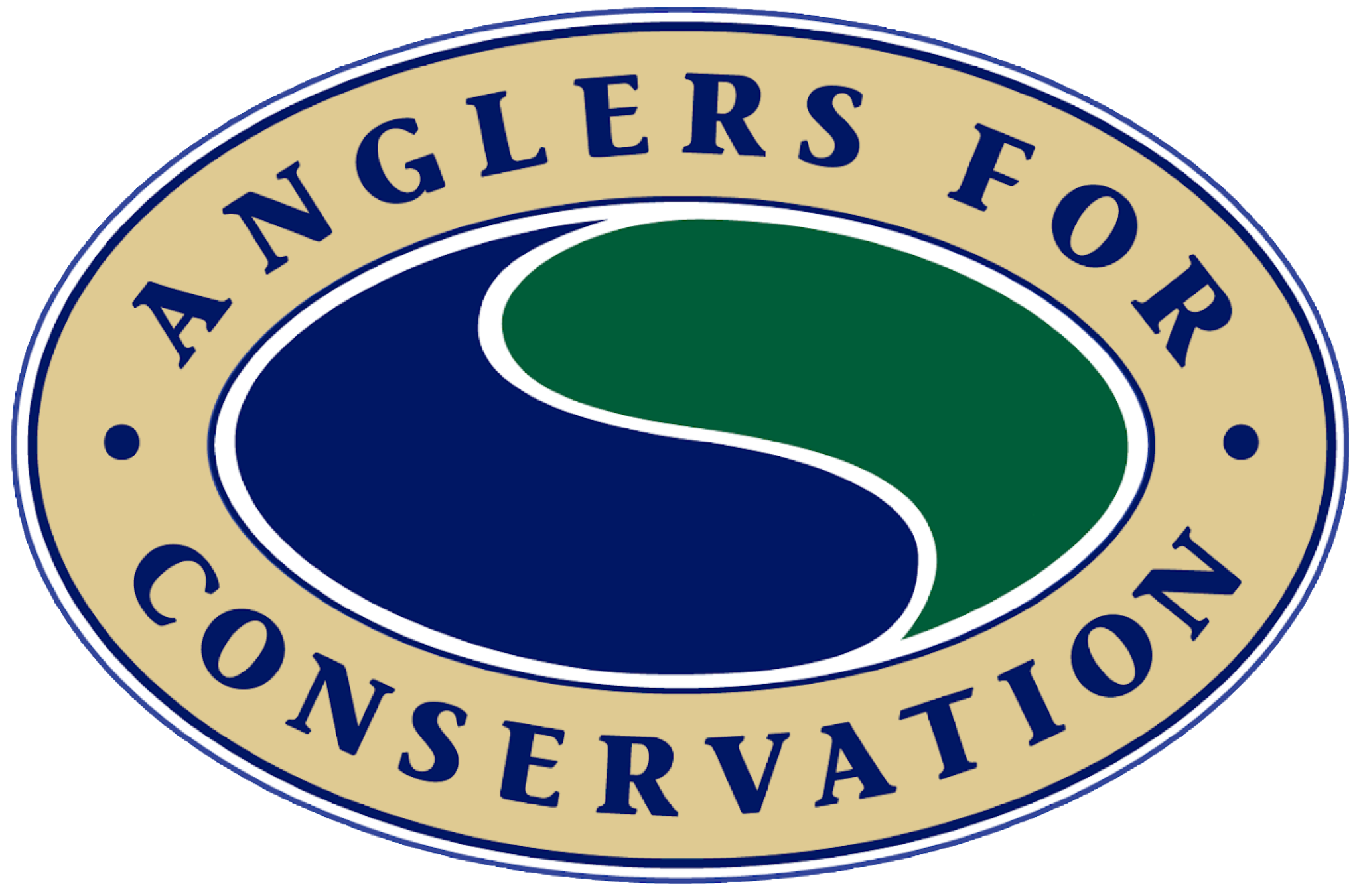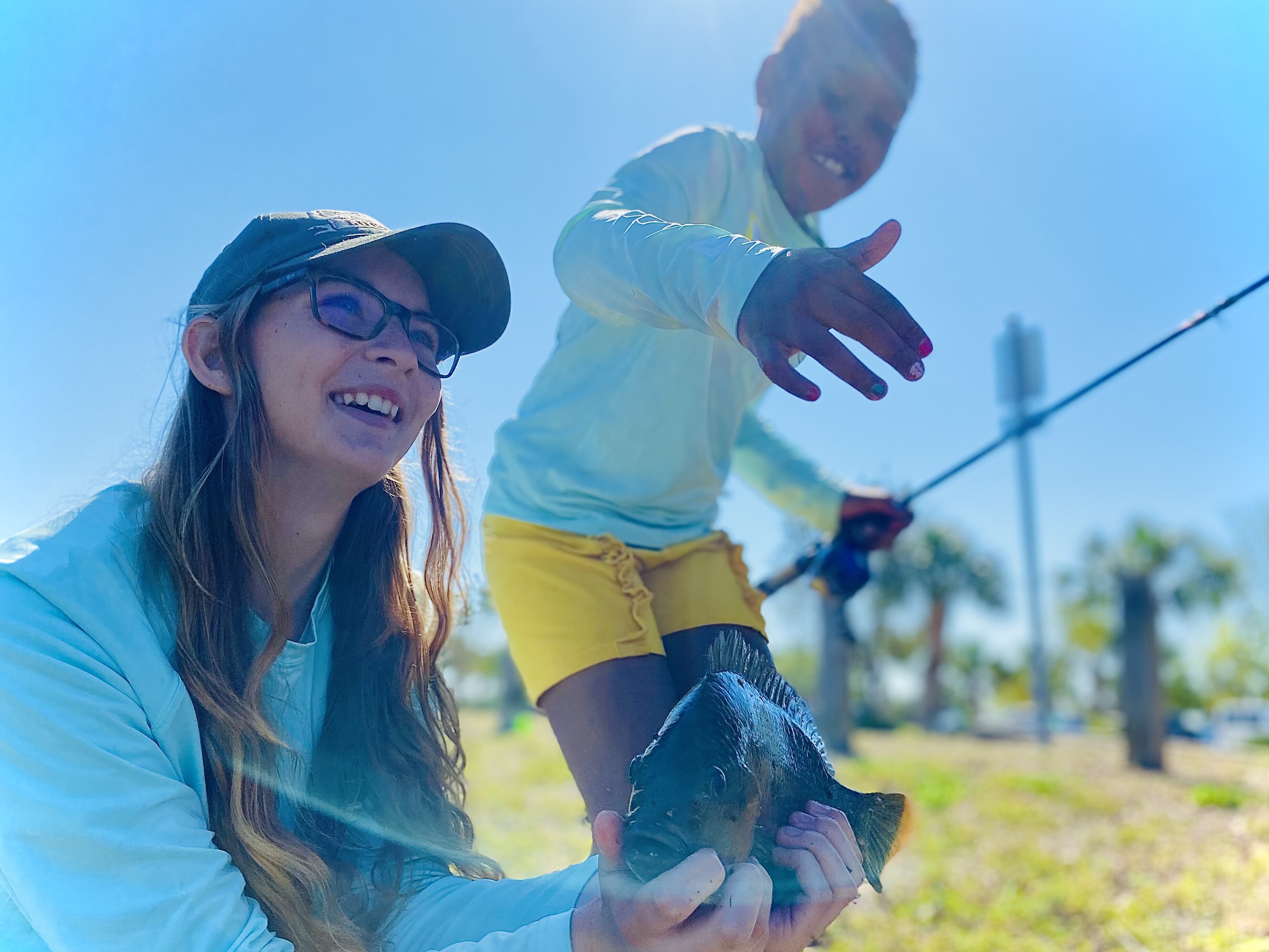At one time in the not so distant past it was an accepted concept that the fish in the seas belonged to the fishermen fishing for them. It was a time when these men of the village were primarily responsible for providing fish for all the villagers.
In the Pacific Northwest, the Columbia River salmon have long been the symbol and lifeblood of the native people who call the Columbia River basin (watershed) home. In Sahaptin, the word for salmon used in sacred ceremonies is “wy-kan-ush.” Also in Sahaptin, the word “pum” means “people.” The tribal cultures in the Columbia River Basin could rightly be called Wy-Kan-Ush-Pum or “Salmon People” for how salmon shaped their culture, diets, societies, and religions.
In today’s world, there are fewer of us tribal members who connect with this type of complete and utter reverence for Nature’s bounty. Nevertheless, those of us who remain stand firmly committed to the adoration of fish and fishing. We have a long-time covenant with sacred fish like bass, snook, red snapper, flounder and a wealth of other finned favorites. We spend our leisure time studying, searching for and targeting them. And once they are caught and filleted, we feed our families their meat and celebrate the cooking of our feast.
We also capture these experiences in film and words, and at times go so far as to replicate all or a portion of our greatest catches as permanent trophies, memorializing our conquering of nature, which we mount on our walls and hang from our ceilings to remind us of such feats.
However, a wide range of concerned citizens today shares ownership of these precious resources. There are still fishermen looking to fill their coolers and freezers full of whatever fish is in season, but there are definitely more anglers than ever who are into catch and release fishing, maybe keeping a fish or two for a fresh dinner once in a while.
And we are more often sharing today’s fish with people concerned about the sustainability of our oceans and all the animals living within our waters. They may not fish, or even eat fish, but they have rights equal to our’s and thankfully they believe the stewardship of all natural resources is their greatest responsibility.

